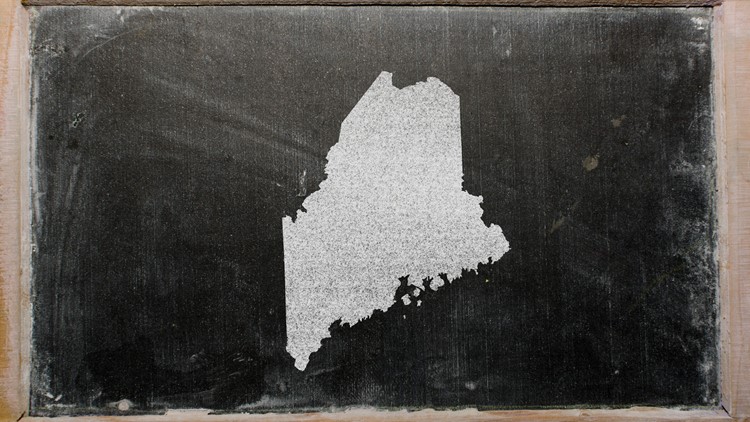PORTLAND, Maine — The U.S. Department of Justice is backing three families who are suing to force the state of Maine to pay tuition for some students to attend religious high schools.
The "Statement of Interest" filed Monday supports a lawsuit that targets the state's longstanding tuition policy for students in districts that don't have a high school. In those cases, the state will pay for tuition to a private school, but not a religious school.
Over the years, state and federal courts have consistently upheld the Maine's exclusion of religious-backed private schools from the tuition program.
But the Department of Justice contends that the state has failed to justify its "discrimination" against religious schools, citing a U.S. Supreme Court decision in a case in which the Missouri Department of Natural Resources denied a grant to a church-affiliated preschool.
The DOJ filing reflects how the U.S. Supreme Court "seems to be leaning our way on this issue," said Steven Whiting, an attorney who filed a friend-of-the-court brief on behalf of an Orthodox Jewish organization.
"The law has changed over time and now it's time for the court to look at this thing as a constitutional right. School choice shouldn't depend on whether you're religious or not," he said.
There was no immediate comment Tuesday from the Maine attorney general or Department of Education.
Three families in Glenburn and Palermo are suing in U.S. District Court to force the state to pay for their kids to attend Bangor Christian Schools and Temple Academy.
The lawsuit contends that denying religious schools, while allowing tuition payments for other private schools, violates the families' constitutional rights.
Maine's attorney general advised in 1980 that it's unconstitutional to use public funds to send students to schools "characterized by a pervasively religious atmosphere." Lawmakers enacted legislation in 1982 to prevent religious schools from receiving such tuition payments.
The U.S. Department of Justice has filed several similar actions around the country following an executive order promoting "Free Speech and Religious Liberty" by President Donald Trump. Then-Attorney General Jeff Sessions followed up with guidance for federal agencies in October 2017.
Last month, DOJ weighed in with support of students who are suing Vermont. The lawsuit targets the state's refusal to pay college tuition under a dual enrollment program for students attending religious high schools. The program helps students at public or secular private schools obtain college credits while attending high school.



